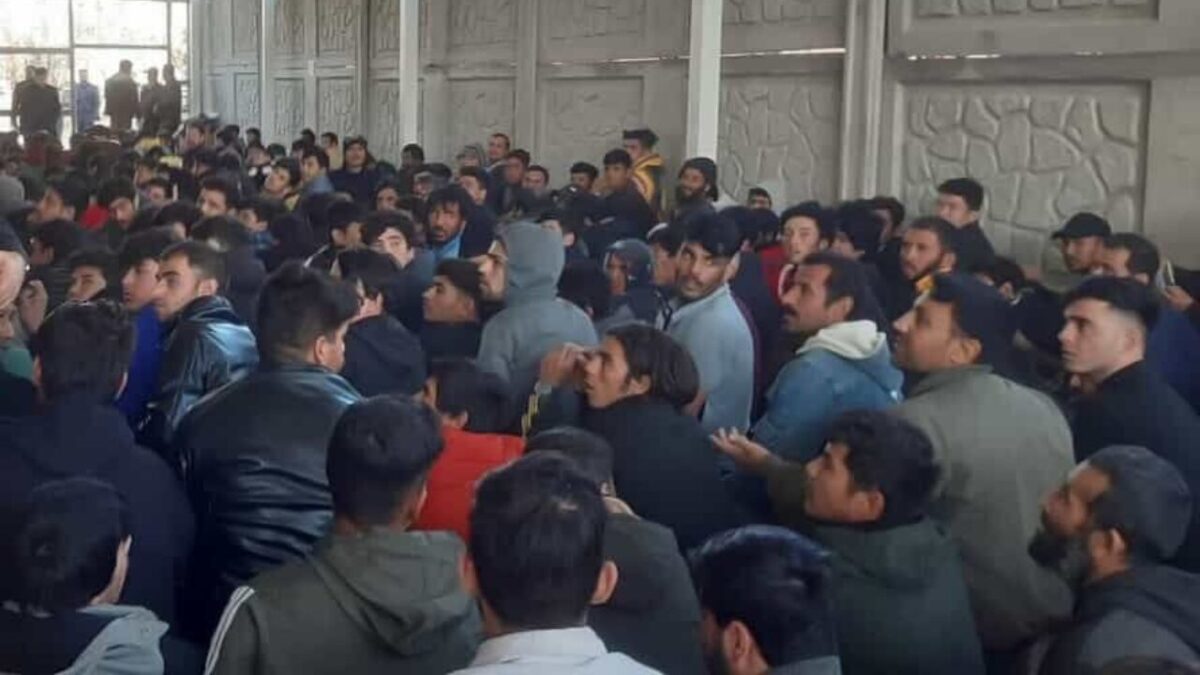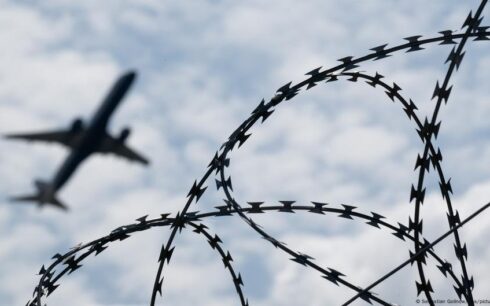TEHRAN — A senior Iranian official said Tuesday that Afghanistan is not prepared to receive its nationals who are being deported from Iran, complicating efforts to manage what Tehran describes as a mounting migration crisis.
Nader Yar-Ahmadi, head of Iran’s Bureau for Aliens and Foreign Immigrants Affairs, said the Taliban authorities have repeatedly stated that they are not in a position to accept returning migrants.
“The deportation of undocumented migrants is not a decision Iran makes unilaterally,” Yar-Ahmadi said. “The stance and readiness of the country of origin also plays a key role in the process.”
According to Yar-Ahmadi, more than six million Afghan nationals are currently living in Iran, including up to 2.5 million who entered the country illegally. He warned that Iran’s infrastructure is no longer capable of handling such numbers.
He also dismissed as baseless recent reports suggesting that up to 17 million Afghan citizens reside in Iran. “Such rumors create unnecessary anxiety among the public,” he said, noting that official data shows around 771,000 Afghans hold asylum cards, while over two million have been counted but lack valid residency documents.
Yar-Ahmadi criticized some Iranian employers for hiring undocumented Afghan workers as cheap labor, calling for greater enforcement to ensure that only those with valid work permits are employed.
He outlined the government’s plan to register all Afghan migrants by the end of the current Iranian year, urging undocumented migrants to return to Afghanistan, obtain passports, and re-enter the country legally if they wish to continue working in Iran.
He also noted that 610,317 Afghan children are currently enrolled in Iranian schools, accounting for roughly 12 percent of the total Afghan migrant population in the country.
In 2024 alone, Yar-Ahmadi said, Iran deported more than 1.19 million Afghan nationals through border crossings. However, he acknowledged that many have returned illegally due to porous border conditions.
“If this situation is not addressed,” he warned, “there is a real risk of social tensions developing between Iranians and Afghan migrants, which could undermine the spirit of hospitality that Iranians have shown for decades.”





